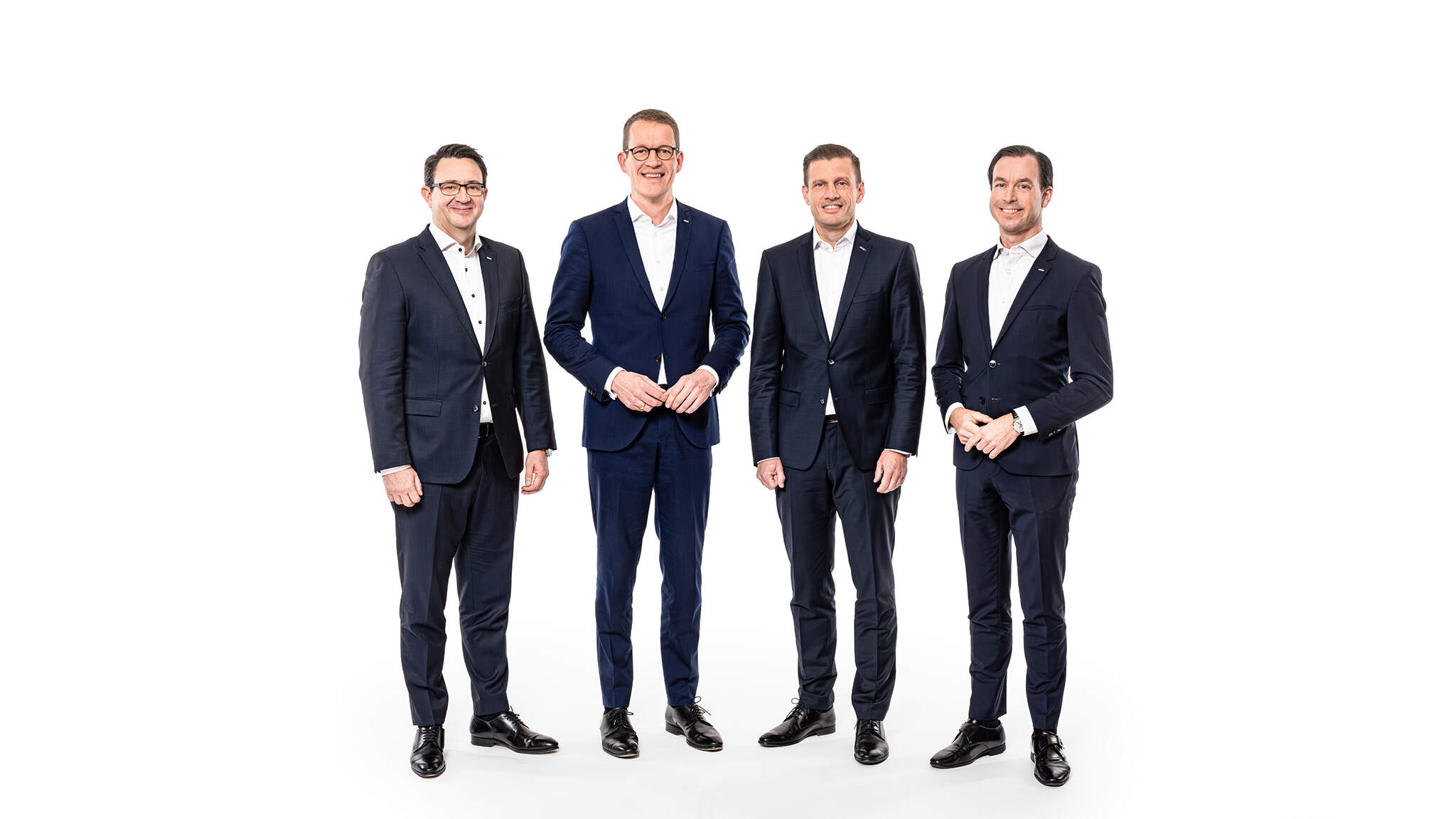11/18/2020
In the course of globalization, internationally networked non-governmental organizations or NGOs are playing an increasingly important role. DACHSER’s partnership with children’s aid organization terre des hommes demonstrates how a company can support an NGO over the long term.
Environmental protection, human rights, joint development projects, migration, anti‑discrimination: the importance of non-governmental organizations, or NGOs, for society is great. Independent of states and governments, they advocate for social, socio-political, or environmental issues. The coronavirus crisis is making the work of NGOs more urgent, as humanitarian aid in developing countries is now more important than ever. This is a challenge for many such organizations, as their work is often hampered by travel bans as well as difficult working conditions and hygiene measures on site. In addition, many of those who donate are less willing to do so in times of crisis. Yet this is exactly what NGOs depend on, because in addition to membership fees, donations are their main source of financing. Transparency with regard to an organization’s cash flow and what it achieves with those funds is now all the more critical for strengthening donor confidence. Many NGOs inform their donors regularly via press releases, newsletters, or on their website about individual projects and the use of funds. NGOs are also monitored by auditing companies and the relevant tax authorities to ensure that they are using donations correctly. A “donation seal” from the German Central Institute for Social Issues (DZI), headquartered in Berlin, helps engender even greater trust on the part of the donors. The seal guarantees that the respective NGO is trustworthy and that the work they do is respectable.
DACHSER supports terre des hommes
According to estimates, there are currently tens of thousands of NGOs worldwide, providing medical care in crisis areas, looking after refugees, supporting micro-enterprises in the start-up phase, and more. One of the leading children’s aid organizations is terre des hommes. Founded in Germany in 1967, the organization protects children from slavery and exploitation, cares for the victims of war, violence, and abuse, and provides education and training for children. The German arm of terre des hommes currently supports 386 projects around the globe. International logistics provider DACHSER has been supporting the work of terre des hommes in South Asia, southern Africa, and Latin America since 2005. In keeping with the principle of “helping people to help themselves,” terre des hommes implements local aid projects to permanently improve the lives of children and the others in their villages. “As a global logistics company, we have operations around the world that bring people, markets, and manufacturing closer together. Yet not everyone is experiencing the benefits of globalization. It is our responsibility to stand up for these people and improve their living conditions,” explains Bernhard Simon, CEO at DACHSER.
By extending its contract with terre des hommes through 2025, DACHSER will be supporting the North Indian state of Bihar as well as projects in New Delhi and Uttar Pradesh. Taking a look at the latter, Ingrid Mendonca is coordinating an aid project there for terre des hommes Germany and is enthusiastic about the commitment of the locals, especially now during the coronavirus pandemic. “Not only do the youth groups support their own communities, sew masks, and procure food, but they are also getting in touch with young people in other villages, districts, even states and getting organized,” Ingrid Mendonca says. “Their commitment to improving the situation is inspiring.”
DACHSER employees also benefit from their employer’s commitment to social responsibility and can support terre des hommes projects on site. For example: Melanie Diem, Team Leader Project Management at DACHSER, coordinated a sustainability project by terre des hommes and DACHSER in Livingstone, Zambia. DACHSER Young Professionals and students from the terre des hommes network took part in the project. “The participants’ commitment to the cause was very impressive. DACHSER employees have the opportunity to immerse themselves in the work of an NGO, an area with which they might otherwise never come into contact,” Melanie Diem explains.
A special kind of commitment
The partnership between DACHSER and terre des hommes shows that together, a commercial company and an NGO can achieve amazing things. “Our collaboration with DACHSER is particularly valuable and important to us because it involves a huge personal commitment and open and honest dialogue,” says Stephan Stolze, head of the fundraising department at terre des hommes. “DACHSER’s employees and CEO Bernhard Simon in particular are deeply involved in the terre des hommes projects funded by DACHSER. They want to know how the people on the ground are doing and to what extent DACHSER’s support succeeds in helping to improve the living conditions of the local people.” In 2018, DACHSER’s commitment was recognized with the German CSR Award in the “Social Engagement” category. Partnering with an NGO makes DACHSER a pioneer, as only a few companies in Germany support internationally active NGOs. “Larger, international companies in particular should seriously consider the UN’s 17 Sustainable Development Goals and support projects in these areas for as long as they can,” Stephan Stolze says.
